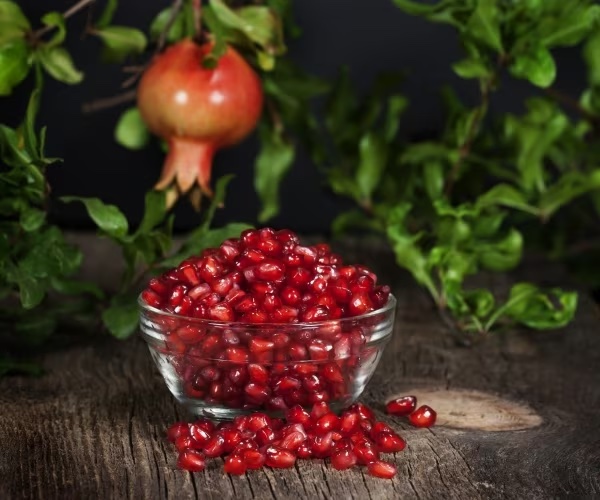The Healthiest Winter Fruits

Dreamstime
By Lynn C. Allison from Newsmax
During the winter months, we tend to reach for foods that are hearty and warming — not that bowl of healthy berries that called to us during the hot, summer months. But it’s important to include fruit during the colder months to boost immunity. Fruits are rich sources of essential nutrients, like vitamin C, an all-star vitamin that helps ward off winter colds and flu.
Citrus fruits are the most obvious source of this important vitamin, but according to Everyday Health, other readily available winter fruits are important sources of disease-fighting nutrients as well.
• Pineapple. Like citrus fruits, pineapples are an excellent source of vitamin C, with 78.9 milligrams (mg) in one cup. The tropical fruit has anti-inflammatory and antioxidant properties that benefit the nervous and digestive systems.
• Cranberries. This festive fruit isn’t just a holiday staple. Cranberries can help lower cholesterol and reduce the risk of developing coronary artery disease.
• Orange. One orange contains nearly 82 mg of vitamin C, but eating the fruit instead of drinking the juice helps boost its health benefits because of the extra fiber.
• Grapefruit. Half a Florida grapefruit contains 43.7 mg of vitamin C. The fruit also contains lycopene, which has antioxidant properties and may reduce your risk of cancer, most notably prostate cancer, according to research.
• Pomegranate. This exotic fruit contains vitamin K to help strengthen bones, as well as fiber and vitamin C. One cup has 7 grams of fiber and 17.8 mg of vitamin C. It also has 28.7 micrograms (mcg) of vitamin K, which contributes to blood clotting and a healthy gut.
• Kiwi fruit. One kiwi fruit contains 56 mg of vitamin C and 30.2 mcg of vitamin K in one fruit. Slice it for breakfast atop oatmeal or yogurt but leave the skin on for extra fiber.
• Persimmons. These Asian fruits are rich in antioxidants, such as carotenoids and flavonoids. Diets rich in these compounds have been linked to a reduced risk of certain diseases including heart disease and diabetes, says Healthline.
© 2024 NewsmaxHealth. All rights reserved.
For more on this story go to: NEWSMAX





